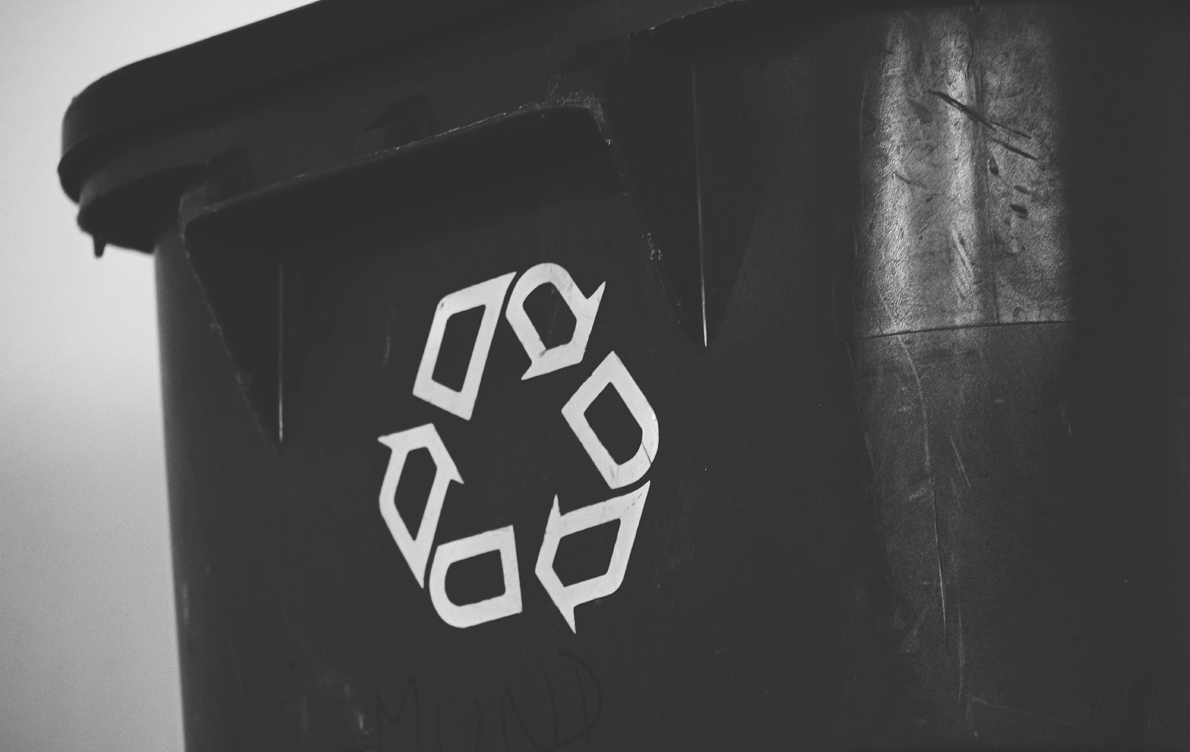New Jersey Property Tax Refunds May Be Held To Cover Environmental Remediation
In July of this year, the New Jersey Legislature modified the law addressing tax refunds by requiring a New Jersey property tax refund for certain industrial sites to be deposited with the New Jersey Department of Environmental Protection (“DEP”) and applied towards remediation costs instead of being paid to the owner or tax lien holder. The new provision applies to properties that were a constituent part of an industrial site or complex that is currently vacant or underutilized, and that is subject to any federal or state order or administrative action for environmental remediation. For qualifying properties, the refund shall be deposited by the taxing district with the Commissioner of the DEP, to be used to ensure required site remediation. Once the industrial site has been remediated, any remaining refund amount shall be returned by the Commissioner of the DEP to the taxpayer within thirty (30) days after completion of the cleanup. This provision does not apply to any property for which a remediation funding source in the form of a remediation trust fund currently exists.
This legislation was prompted by an unresolved tax appeal on Sunoco’s Eagle Point Refinery in West Deptford Township, New Jersey. In that case, the tax appeal could have resulted in the township having to refund millions of dollars in tax overpayments back to Sunoco while a significant cleanup with the oversight of DEP had yet to be completed.
It is unclear as to how the taxing district will determine how much money to deposit with DEP, how will it be treated or what type of accounting methodologies will be used. Further, it will be interesting to see how DEP administers these accounts. Regardless, if you or your clients are entertaining the idea of a real property tax appeal at a site that could be classified as vacant or underutilized and that is undergoing an ordered cleanup, be forewarned of the taxing district’s ability to send all or a portion of the tax refund to DEP until the property is cleaned up.
As the law continues to evolve on these matters, please note that this article is current as of date and time of publication and may not reflect subsequent developments. The content and interpretation of the issues addressed herein is subject to change. Cole Schotz P.C. disclaims any and all liability with respect to actions taken or not taken based on any or all of the contents of this publication to the fullest extent permitted by law. This is for general informational purposes and does not constitute legal advice or create an attorney-client relationship. Do not act or refrain from acting upon the information contained in this publication without obtaining legal, financial and tax advice. For further information, please do not hesitate to reach out to your firm contact or to any of the attorneys listed in this publication.
Join Our Mailing List
Stay up to date with the latest insights, events, and more





